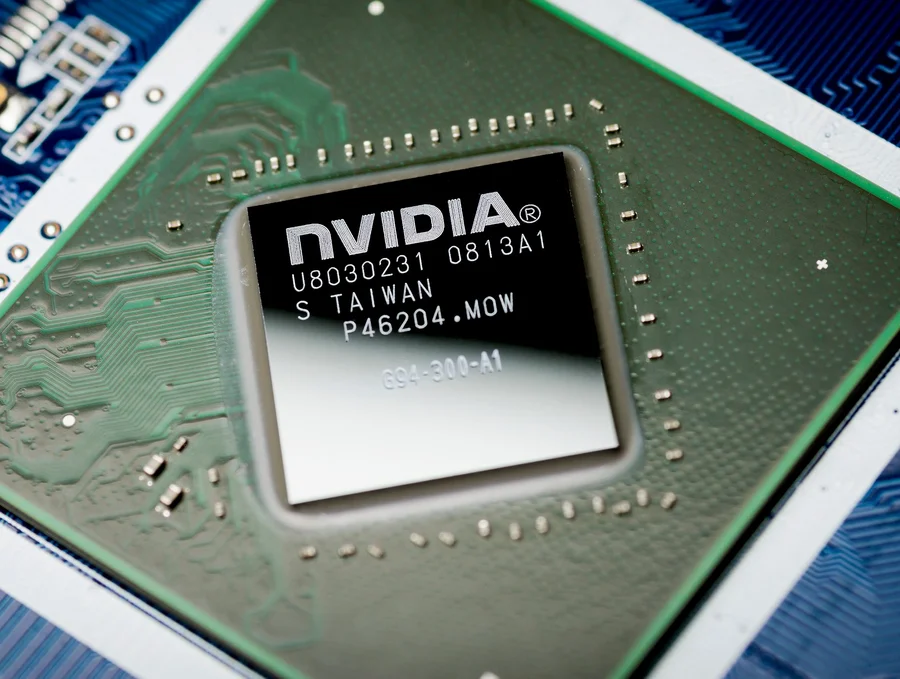SoftBank, GMO Internet and others partner with Nvidia to build cutting-edge AI infrastructure, positioning Japan as a leader in the AI revolution.
The global race for AI supremacy is intensifying, with nations and corporations vying for technological dominance.
As AI continues to transform industries and economies worldwide, countries are investing heavily in infrastructure and talent to secure their place in this new era.
Japan, long renowned for its technological prowess, is making significant strides to establish itself as a powerhouse in the AI landscape.
The country’s government and private sector are collaborating to build a robust AI ecosystem that can compete on the world stage.
At the Nvidia AI Summit Japan, the American technology company Nvidia announced a series of partnerships with Japanese cloud leaders aimed at accelerating the nation’s AI initiatives.
These collaborations are set to transform various sectors, including robotics, automotive, healthcare and telecommunications.
SoftBank leads the charge with state-of-the-art supercomputer
SoftBank, a major telecommunications company in Japan, is taking a step by building what is thought to be the country’s most powerful AI supercomputer.
According to Nvidia, SoftBank will be the first to receive the Nvidia DGX B200 systems, which will serve as the foundation for its new Nvidia DGX SuperPOD supercomputer.
This advanced computing infrastructure is designed to support a wide range of AI services and research initiatives.
“Working with Nvidia, Japan’s cloud providers are building the AI factories essential to reinvent the country’s automotive, robotics, telecommunications and healthcare industries for the age of AI.” – Founder and CEO of Nvidia, Jensen Huang.
SoftBank also plans to utilise this supercomputer for its own Gen AI development and AI-related business, as well as to support universities, research institutions and businesses throughout Japan.
In addition to the DGX SuperPOD, SoftBank has announced plans for another Nvidia-accelerated supercomputer based on the Nvidia Grace Blackwell platform.
This system is intended to handle extremely compute-intensive workloads, further bolstering Japan’s AI capabilities.
Collaborative efforts to build a national AI infrastructure
The initiative extends beyond SoftBank, with other major Japanese tech companies joining the effort to create a robust national AI infrastructure.
GMO Internet Group
For instance, GMO Internet Group, a leading internet services provider, is launching GMO GPU Cloud, which will be the first local cloud offering in Japan to feature Nvidia’s full-stack AI technologies.
KDDI
Meanwhile, KDDI, another major telecommunications operator in Japan, is also investing in AI computing infrastructure.
KDDI is launching a system built with Nvidia HGX systems to support Gen AI and specialised large language model development.
These services from Japan’s cloud providers are supported by the Japan Ministry of Economy, Trade and Industry (METI) programme, which aims to supply critical compute resources across industries.
The cloud providers are strategically operating their AI data centres across the country’s central, northern and western regions to ensure comprehensive national coverage.
Jensen Huang, Founder and CEO of Nvidia, emphasises the potential impact of these developments, stating: “Japan’s companies stand to benefit tremendously from the new industrial revolution powered by AI.
“Company employees will supercharge their speed and productivity by automating work with AI agents. Industrial companies of tomorrow will operate dual factories — new AI factories to produce software intelligence for the products and machines their factories make today.”
Japan’s growing AI ecosystem
Japan’s AI sector is experiencing rapid growth, with over 700 companies specialising in AI technology.
These range from large competitive enterprises to small and mid-sized companies, as well as start-ups.
The country’s AI market is expanding beyond its traditional focus on robotics, particularly in medical and industrial applications, to encompass software development and other innovative areas.
Additionally, key research institutions, such as the National Institute of Advanced Industrial Science and Technology (AIST) and RIKEN, are driving innovation through diverse projects focused on advancing AI technologies.
This research infrastructure is crucial for maintaining Japan’s competitive edge in the global AI landscape.
Furthermore, the Japanese government is also playing a significant role in fostering AI development.
The Ministry of Economy, Trade and Industry has been investing in Smart City projects since 2010, promoting research in renewable energies and sustainable lifestyle solutions.
This initiative not only addresses environmental concerns but also creates business opportunities for companies specialising in power transmission technology and data management.
International investment and collaboration
Japan’s commitment to AI development is attracting international attention and investment. Microsoft recently announced a US$2.9bn investment over the next two years to increase its hyperscale cloud computing and AI infrastructure in Japan.
This investment aims to support Japan’s economic strategy by expanding the infrastructure, skilled talent, and security required to accelerate the country’s digital transformation and AI adoption.
Japan’s unique blend of technological expertise, government support and industry collaboration is creating a fertile ground for AI innovation and adoption across various sectors.
“Working with Nvidia, Japan’s cloud providers are building the AI factories essential to reinvent the country’s automotive, robotics, telecommunications and healthcare industries for the age of AI” Jensen adds, highlighting the critical juncture at which Japan finds itself in the global AI race.



